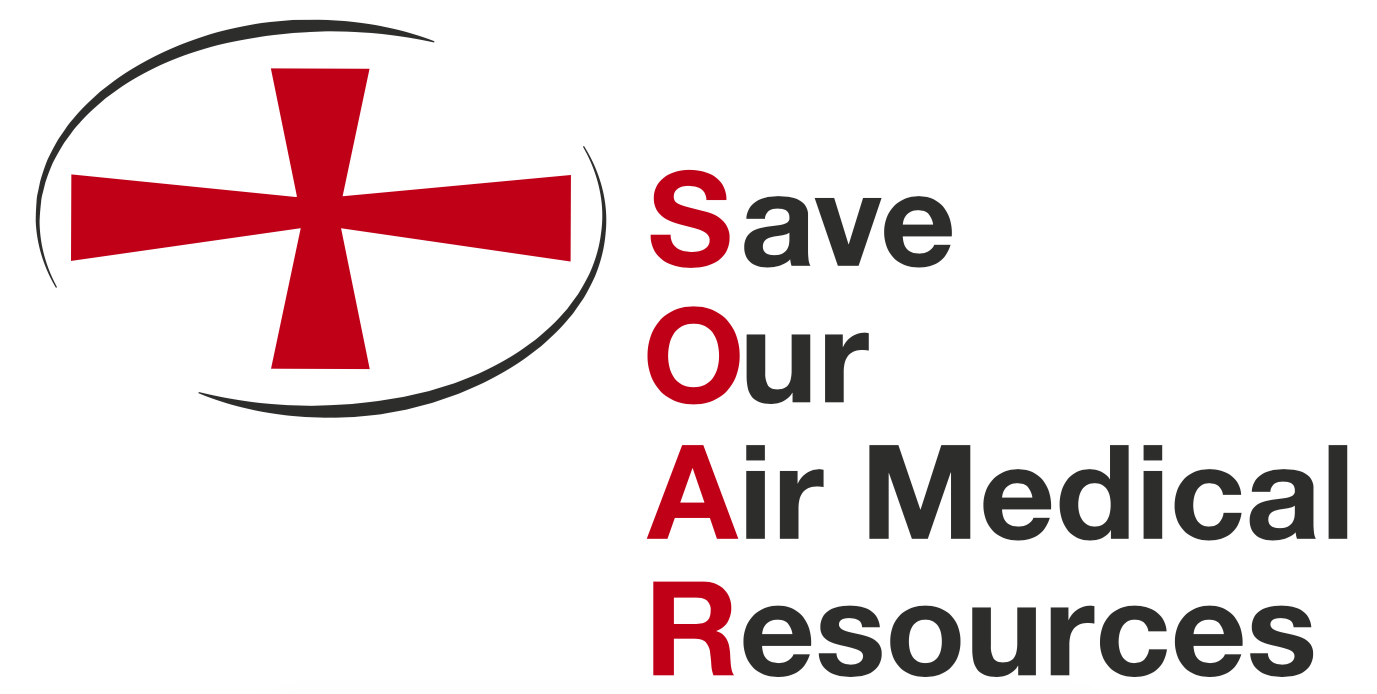Each year, roughly 2.5 million Americans sustain a traumatic brain injury (TBI). TBIs are an alteration in brain function caused by an external force, and they can range from mild injuries, commonly referred to as concussions, to more severe injuries that can lead to permanent disability and have significant, lasting impacts on a person’s life. Whether a person sustains a severe brain injury in a car accident or in military combat overseas, getting fast treatment at an appropriate medical facility is essential for preserving brain function and improving long-term outcomes.
Unfortunately, access to health care is disappearing across many parts of the U.S. Nowhere is this more evident than in rural America. From 2010 to 2021, 136 rural hospitals closed. These facilities often serve as the cornerstone of their communities, providing quality health care close to home. Once a rural hospital closes its doors, residents are left hours away from the nearest medical center. This is particularly dangerous after sustaining a brain injury when time is of the essence to provide the best possible treatment and pathways to recovery.
This is why air ambulances are so critical for rural communities.
Air ambulances and their crews are ready to deploy at a moment’s notice. When called by an EMT or physician, they arrive within minutes at the scene of a medical emergency and provide transport to the closest, most appropriate hospital or medical facility. Designed for saving lives, these aircrafts operate like mobile intensive care units, with flight crews trained to put patients on ventilators, administer blood transfusions, and conduct other complex procedures to treat critically ill and injured patients while being airborne to the hospital.
Preserving access to lifesaving flights is incredibly important for anyone who needs them, but especially for people in rural America because they must travel greater distances to reach medical care. Unfortunately, air ambulance access is at risk because government payors are under-reimbursing for each flight. Currently, Medicare reimburses providers at less than 50 percent of the cost of transporting a patient, and Medicaid reimburses even less. Now, the Department of Veterans Affairs (VA) is on the verge of making matters worse by cutting its reimbursement rate to match Medicare.
The VA’s proposed cut is dangerous. Already, the unsustainable reimbursement structure is forcing air medical bases to close, leaving millions of Veterans and their neighbors in rural communities farther and farther from help in an emergency. If the VA goes through with this cut, Veterans, particularly those in rural areas, will be at risk, and those depending on emergency air transport could lose their lives.
Our organization represents people with brain injuries, some of whom have brain injuries sustained due to combat, and we are urging the VA not to move forward with this dangerous cut. 25% of all veterans live in rural America, and with more than 600 rural hospitals at risk of closing in the near future and air ambulances already having faced closures, the health Veterans of rural America hangs in the balance. Our nation’s Veterans put their lives on the line to protect and serve our country, and we must guarantee access to the lifesaving health resources they earned and deserve.
(Susan Connors is President and Chief Executive Officer of the Brain Injury Association of America)

